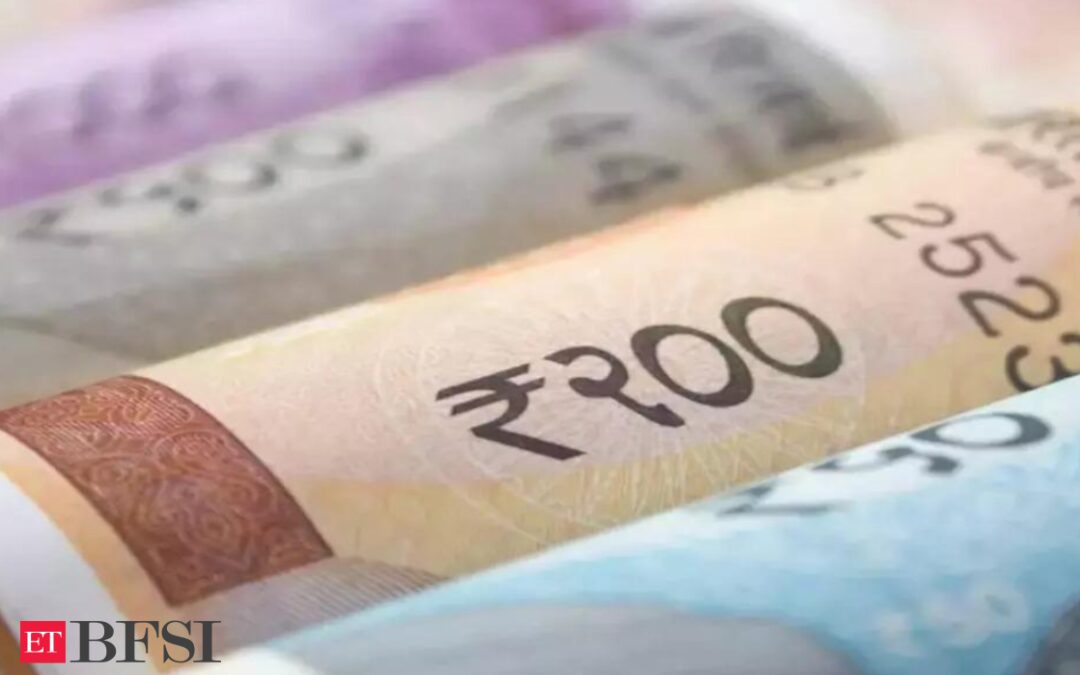Mumbai: The inclusion of India in a major global bond index and anticipation of more such announcements will likely bolster the rupee vis-a-vis its peers even as the probability of US interest rates remaining higher for longer theoretically dims the appeal of emerging market assets.
While the Reserve Bank of India is likely to absorb some of the dollar inflows and ensure competitiveness of exports, the stable influx of overseas funds is seen providing the rupee a cushion against a multi-year ascent in US bond yields and hardening crude oil prices.
Major dollar inflows on account of index inclusion are not expected for around six months but at a time when peer units such as the Chinese yuan and the Malaysian ringgit have been taking a beating against the greenback, the view on the rupee remains constructive.
“The inclusion of India in one of the major global indices is a clear medium-term positive – both from the flows perspective and additional inflows which it can bring in if other index providers also include India,” said Anubhuti Sahay, Standard Chartered Bank’s Head of South Asia Economic Research.
Last week, JP Morgan said India would be included in its Government Bond Index Emerging Markets global index suite starting June 2024, a development that is expected to bring in over $20 billion of stable flows to India’s sovereign bond market over two years. Following the move, traders hope for a similar announcement by the Bloomberg Global Aggregate Index.Following the move, traders hope for a similar announcement by the Bloomberg Global Aggregate Index in coming months. “Between March 2024 and March 2025, we expect $20-25 billion only on the JP Morgan inclusion. At that point in time, it’s a clear positive. We have a broad range of 81-83/$1. Our published view for the March quarter-end is 81/$1,” Sahay said, providing an estimate that implies significant appreciation for the rupee from its current levels.
On Monday, the rupee closed at 83.15 per US dollar. So far in 2023, the local currency has depreciated 0.5% versus the US dollar. Amid the current global headwinds, Dilip Parmar, research analyst at HDFC Securities estimates a range of 81.50-84/$1 for the rupee over the next couple of quarters, indicating ample room for appreciation. Analysts, however, see hurdles to the rupee strengthening well past the range of 81.50-81.00/$1, as the RBI is likely to build up its foreign exchange reserves in an uncertain global environment.
“We expect the RBI to accumulate USD, should spot USD/INR fall further on expectations of bond inflows. After selling $ 84.4 billion (spot and forwards) in 2022 to defend rupee, we estimate that India has brought $35.4 billion from January-July 2023 (spot and forward),” Nomura said in a report. “However, we estimate that it sold $6.2 billion in spot since August to lean against INR depreciation pressures and amid a pickup in foreign equity outflows.”
Tellingly, even as Brent crude futures have risen past the $90 per barrel mark and the 10-year US bond yield has jumped to a 16-year high, the rupee has outperformed nine Asian currencies so far in 2023, Bloomberg data showed.
From a fundamental perspective, analysts see a protective buffer for India going into the next year. “FY25 will likely experience the main Balance of Payments bounty with US20-22 of inflows staggered between June 2024 and March 2025,” HSBC’s economists Pranjul Bhandari and Aayushi Chaudhary wrote in a report.











